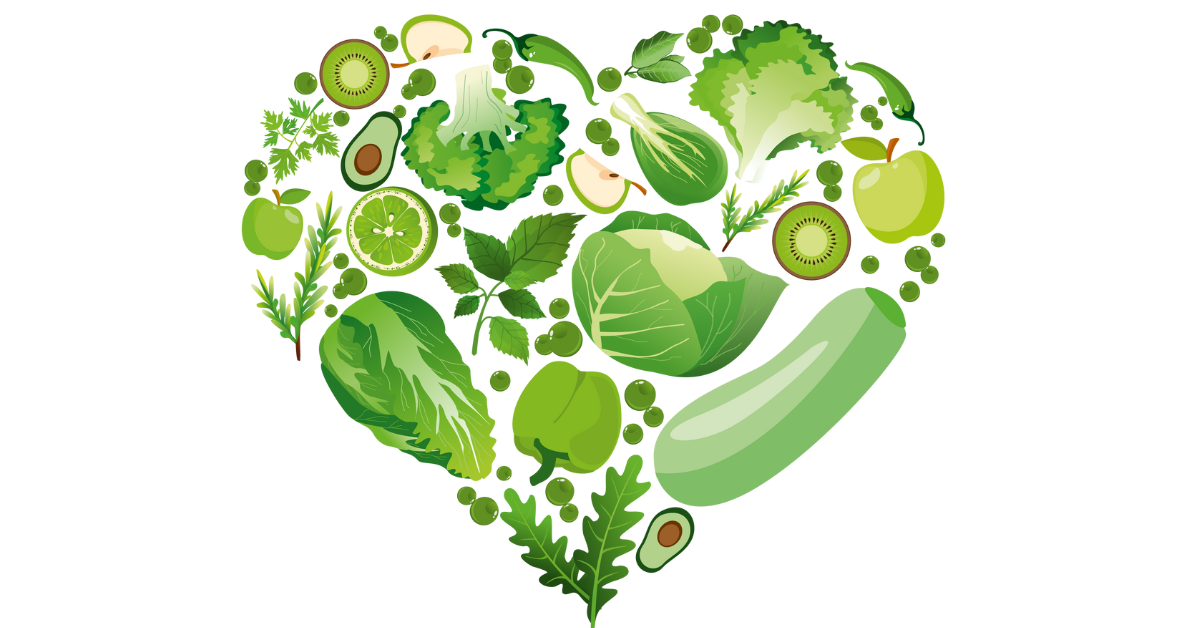
For decades, much of the information published on nutrition was primarily focused on detailing the minimal requirements necessary to sustain personal health and avoid illness. However, in recent times, this is rapidly changing. Individuals are increasingly interested in eating to not only enhance personal health and vitality but also to improve the health of their community and environment. Individuals are more aware of the environment and are looking for easy food swaps that will help support the environment.
This is largely due to growing public concern regarding the sustainability of our food choices as our global population rises. Greenhouse gas emissions, deforestation, loss of biodiversity, water usage, and pollution all need to be considered. Fortunately, research indicates that eating more plant-based foods instead of animal-based produce is a highly effective way to intervene, slow down the depletion of our natural resources and work towards protecting our future.
This is a win-win for the individual, as ‘plant-forward’ eating is associated with many health gains on a personal level too. With the emergence of high-profile biohacking influencers in the era of social media and mounting interest in the topic of longevity and geoscience – people are becoming far more aware of the impact of daily food choices on their health. Consuming more plant-based whole foods tends to be the common thread at the moment, featuring high on the agenda across most popular health-promoting strategies.
However, if vegetarianism or veganism never quite appealed to you, or was maybe too challenging to maintain – but you are still interested in adding more plant-based foods to your daily diet - here is a quick guide of simple animal-based food swaps to get you started!
8 Easy Food Swaps for the Environment
#1 Dairy : Milk
Swap for : Fortified plant-based milk
Luckily there has never been a wider range of plant-based milk alternatives to choose from – however there are differences in nutritional profile between milks and it is important to be informed on variance in sugar content, calcium and protein. It is also important to be aware of the hidden environmental impact of some milks (e.g. geographical location of farming, exportation etc..), as some milks are kinder to the planet than others.
#2 Dairy : Cheese
Swap for: cashew / macadamia cheese
Homemade nut cheese is a great alternative that can be used as a dip or added to salads and dinners. Adding herbs and spices can really make nut cheese very tasty and appealing!
# 3 Dairy : Yoghurt
Swap for: coconut, almond or cashew yogurt
While there are many alternative yoghurts that have gut-friendly probiotics added – it’s important to note that plant-based variations may not have a comparable calcium content, so be mindful to include other calcium rich food sources to compensate.
#4 Eggs
Swap for: flaxseed egg, chia egg, tofu
Chia seed pudding or tofu scramble can be a great breakfast substitute. Flaxseed eggs, mashed banana and apple sauce also work well as effective egg alternatives in baking, but they generally contain less protein.
#5 Fish
Swap for: Seaweed, walnuts, chia seeds, hemp seeds, flaxseeds
Oily fish like salmon, mackerel, anchovies, sardines and herring are great sources of omega-3 fats – there are many plant-based sources of polyunsaturated fats such as walnuts, chia seeds, hemp seeds and flaxseeds, however for EPA and DHA it may be beneficial to take an algae supplement. To add a fish flavour to plant-based meals – kelp powder, dulse flakes or nori sheets are a great approach and are also high in health promoting minerals.

#6 Meat
Swap for: Asian mushrooms, tofu, tempeh
There are many plant-based meat alternatives emerging on our supermarket shelves – however it is important to be aware of the additives in ultra-processed ‘meat free’ foods. As such it may be beneficial to consider whole food alternatives where possible. Asian mushrooms have a diverse and rich nutritional profile and give a meaty texture to stir-fry dishes. Tempeh and tofu are also widely available and provide a rich source of high quality protein for individuals who tolerate soy well.
#7 Chocolate
Swap for: Raw chocolate / cacao
Plant-based chocolate uses raw cacao powder and butter to create creamy minimally processed chocolate. It may be a little less sweet, but it makes up for it with a power punch of antioxidants and minerals including magnesium, potassium, calcium, iron and zinc.
#8 Dairy Ice-Cream
Swap for: Banana ‘nice-cream’
A quick, easy, nutritious plant-based alternative to ice cream that can be flavoured in limitless ways with nuts, cacao, vanilla, mint etc. Frozen bananas are best for a neutral base, however, frozen mango and strawberry can also be used.
As you consider some of these simple swaps, remember that you don’t have to sacrifice on flavour or satisfaction to make the healthier food choice!
There are quite literally limitless possibilities and combinations, with new ideas emerging daily – so don’t be afraid to get creative and a little experimental.. no doubt you’ll make some mistakes along the way, but you might also discover some new culinary treasures that help you feel and function better than before, but also contribute towards a brighter environmental future.
Zevo Health provide many trainings on nutritional health, that help boost productive, increase energy and improve concentration levels.

